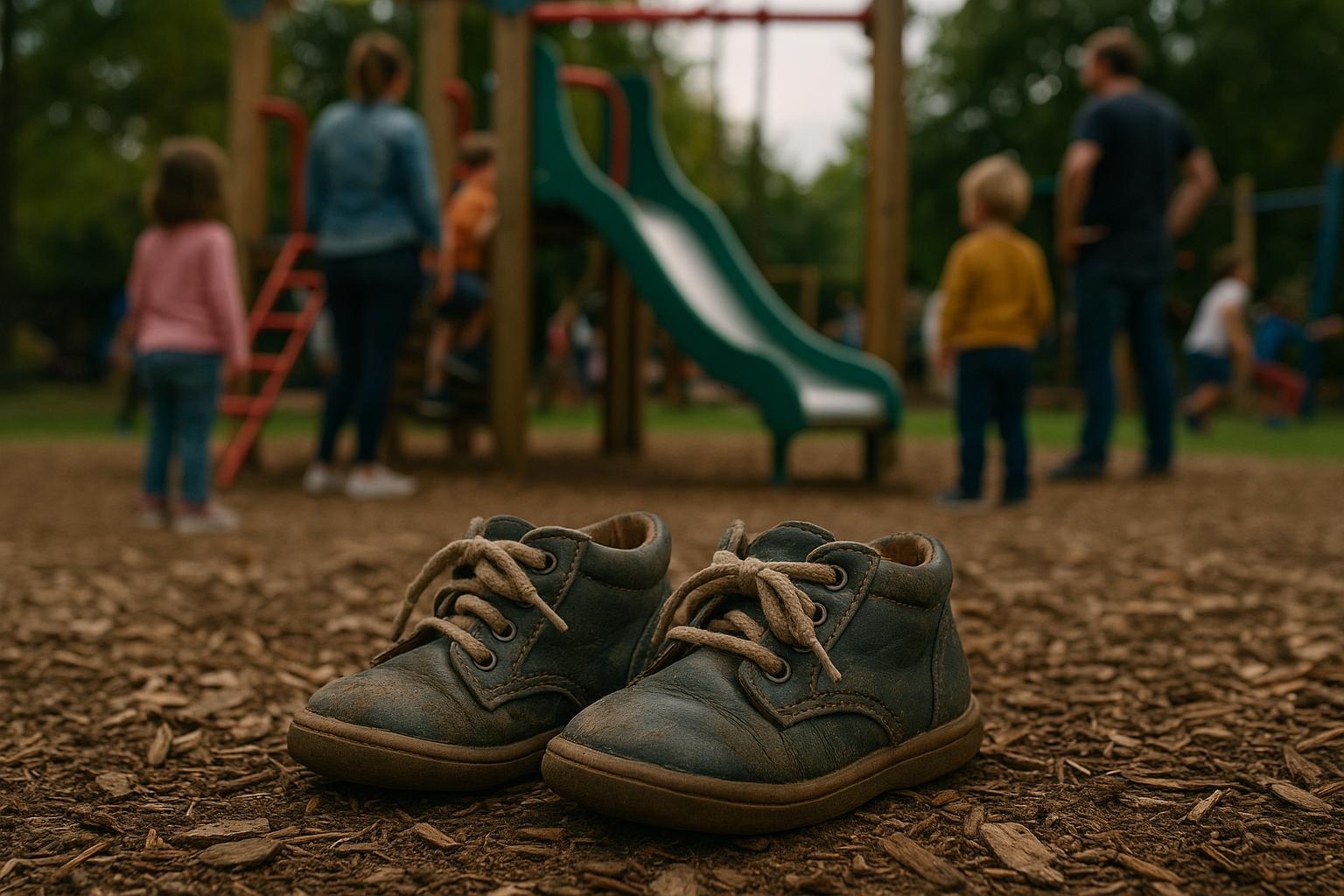Education unions, school leaders, and various organisations working within educational settings in England have intensified their calls for the government to abolish the controversial two-child benefit cap. This policy, introduced by the Conservative government in 2017, restricts child tax credits and universal credit payments to only the first two children in most households. In a joint letter addressed to Prime Minister Sir Keir Starmer and Secretary of State for Education Bridget Phillipson, groups including the National Governance Association, National Association of Head Teachers, National Education Union, and Child Poverty Action Group highlighted the severe impacts of the cap on children’s welfare and educational outcomes.
The unions described the two-child limit as a “cruel” policy that perpetuates poverty, harming the lives of hundreds of thousands of children currently in schools and academies. They emphasised that despite recent government measures such as expanding free school meals and breakfast clubs, these are insufficient to significantly reduce child poverty or provide every child with the best possible start in life. The letter pointed out that poverty continues to deeply affect children's ability to learn, with data showing those in low-income households consistently underperforming compared to their peers. Furthermore, 79% of school staff across all roles reported the challenges poverty poses in fulfilling their educational responsibilities. The signatories urged the government to make ending the two-child limit a cornerstone of its forthcoming child poverty strategy, expected this autumn after delays from an originally planned spring release.
This call to action comes amid growing political and public debates. Labour’s leadership has so far been cautious; although Labour initially maintained the cap and disciplined dissenting MPs, attitudes appear to be shifting. Education Minister Bridget Phillipson, who is also deputy Labour leadership candidate, has openly stated that scrapping the cap is “on the table” as part of a broader commitment to tackle child poverty—a stance welcomed by campaigners who view the policy as a significant driver of hardship. The child poverty taskforce she co-chairs is expected to report before the upcoming Budget, with recommendations that could include the removal of the cap.
Public pressure is mounting not only from Labour ranks but across political lines. Unexpectedly, the right-wing thinktank Onward, which identifies with mainstream Conservatism, has joined calls for scrapping the two-child limit and the related higher earner threshold on child benefits. Onward’s report argues that the cap has contributed to record levels of child poverty in the UK and is anchoring regional inequalities, with nearly half the children in certain cities living below the breadline. This convergence of opinion from across the political spectrum, including voices from Nigel Farage’s Reform UK party and former Tory leadership contender Suella Braverman, intensifies demands for a policy reversal.
The financial implications remain a point of contention within the government. Chancellor Rachel Reeves has expressed concerns about the cost of abolishing the two-child limit, estimated to exceed £3 billion annually. She has emphasised the need for clear funding strategies before making spending commitments. Nevertheless, campaigners, educators, and many Labour MPs argue that removing the cap could lift over 300,000 children out of poverty and significantly improve educational outcomes.
Government spokespeople have reiterated commitments to address child poverty through a multi-faceted approach, including a £500 million investment in children's development, rollout of Best Start Family Hubs, expansion of free school meals, and a £1 billion crisis support package to prevent holiday hunger. Yet many educators and child welfare advocates maintain that without repealing the two-child cap, the government’s child poverty strategy cannot claim to be truly ambitious or effective.
As the autumn child poverty strategy approaches, the debate over the two-child benefit cap encapsulates broader challenges facing the UK’s social security system—balancing fiscal prudence with the urgent need to reduce entrenched poverty and support families. The growing cross-party consensus on the policy’s harmful effects marks a pivotal moment that could lead to significant welfare reform in the near future.
📌 Reference Map:
- Paragraph 1 – [1], [5], [6]
- Paragraph 2 – [1], [5], [6]
- Paragraph 3 – [2], [4]
- Paragraph 4 – [3]
- Paragraph 5 – [6], [2]
- Paragraph 6 – [1], [3], [6]
Source: Noah Wire Services
